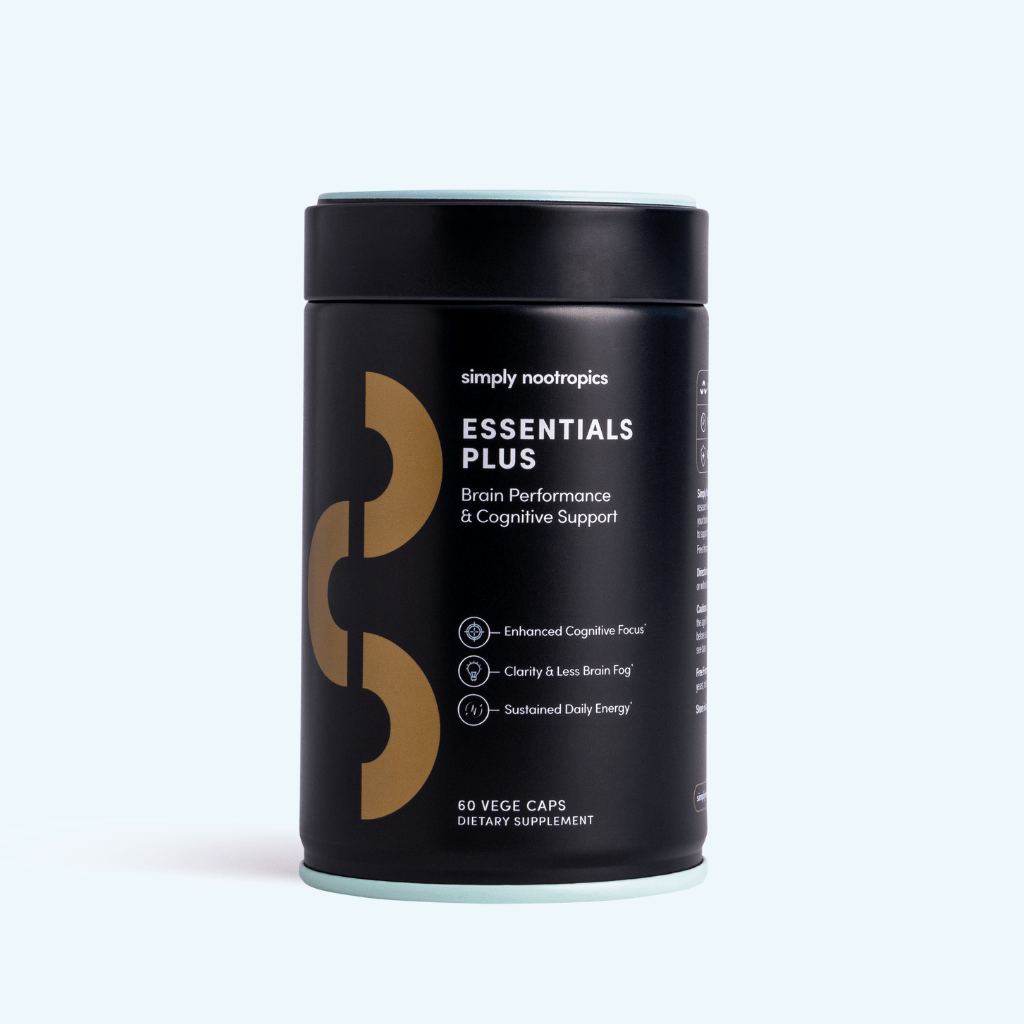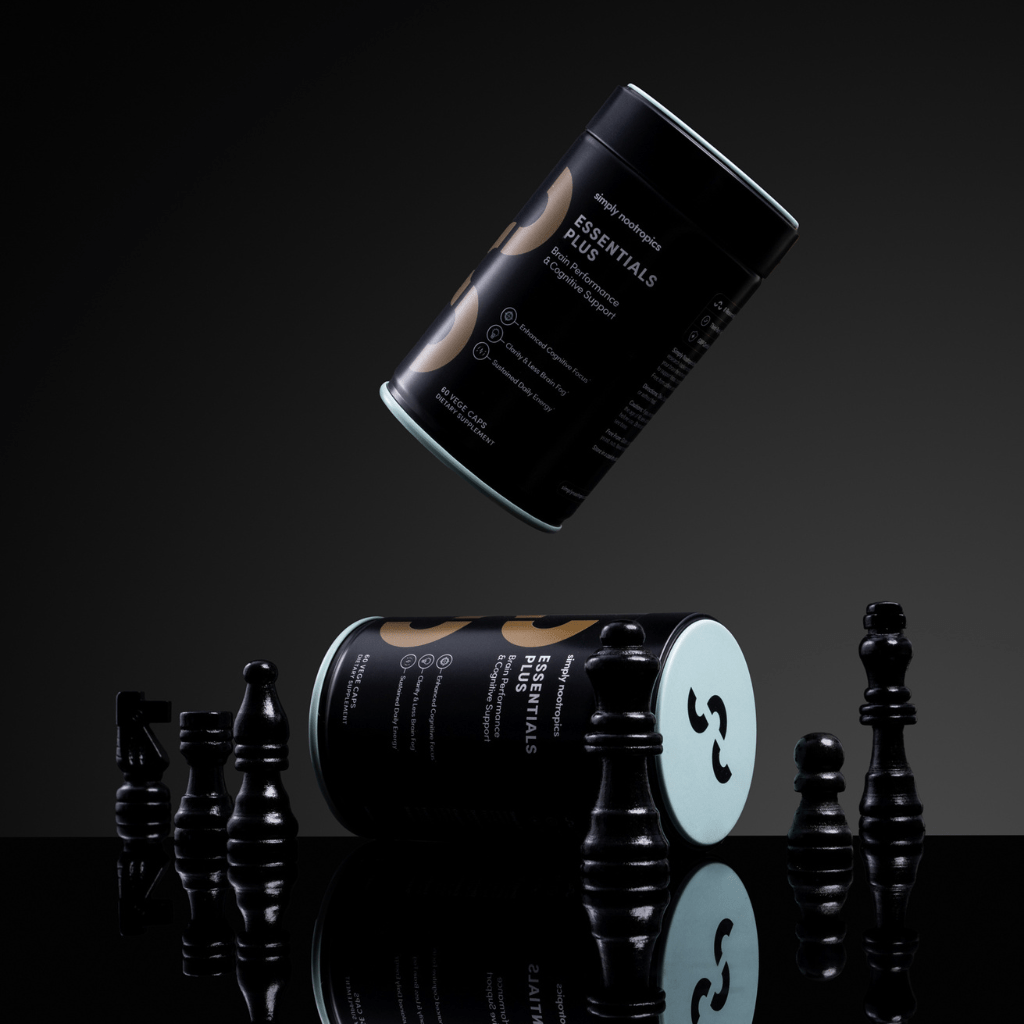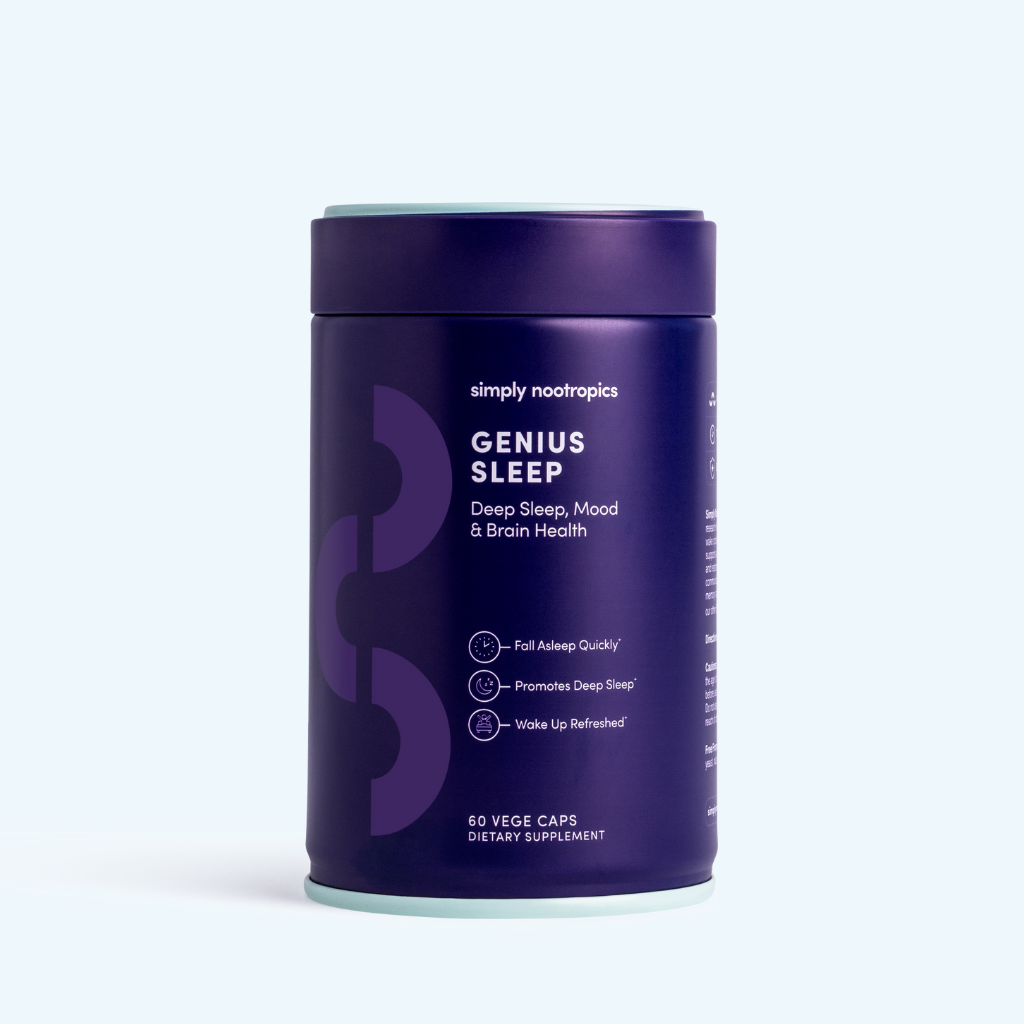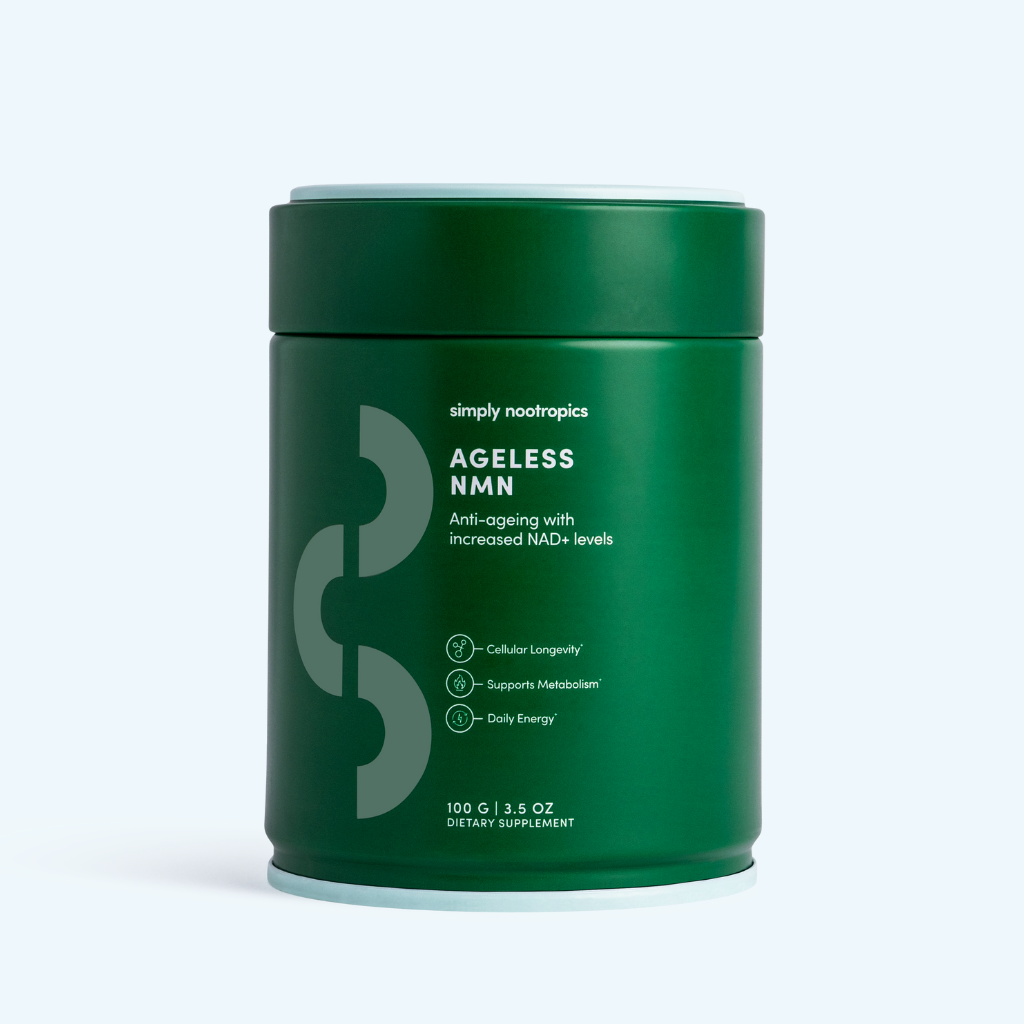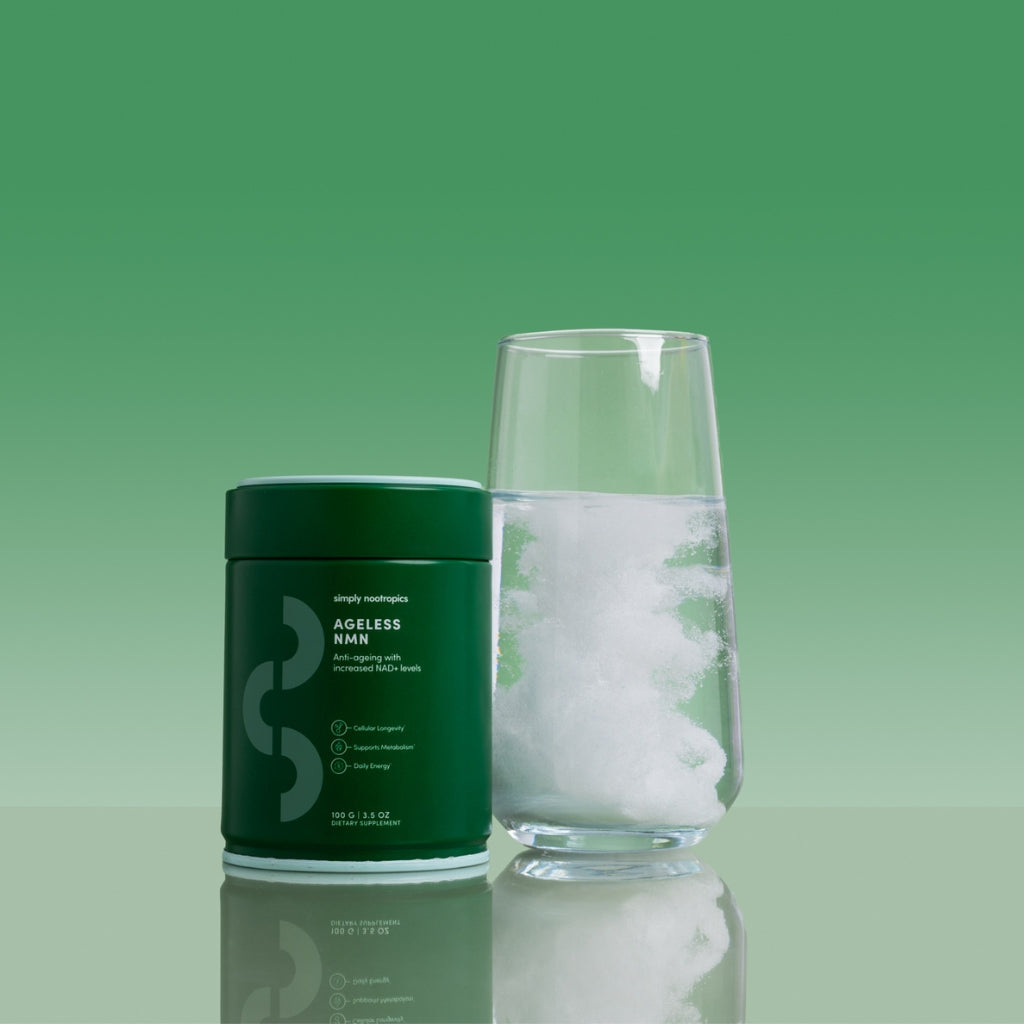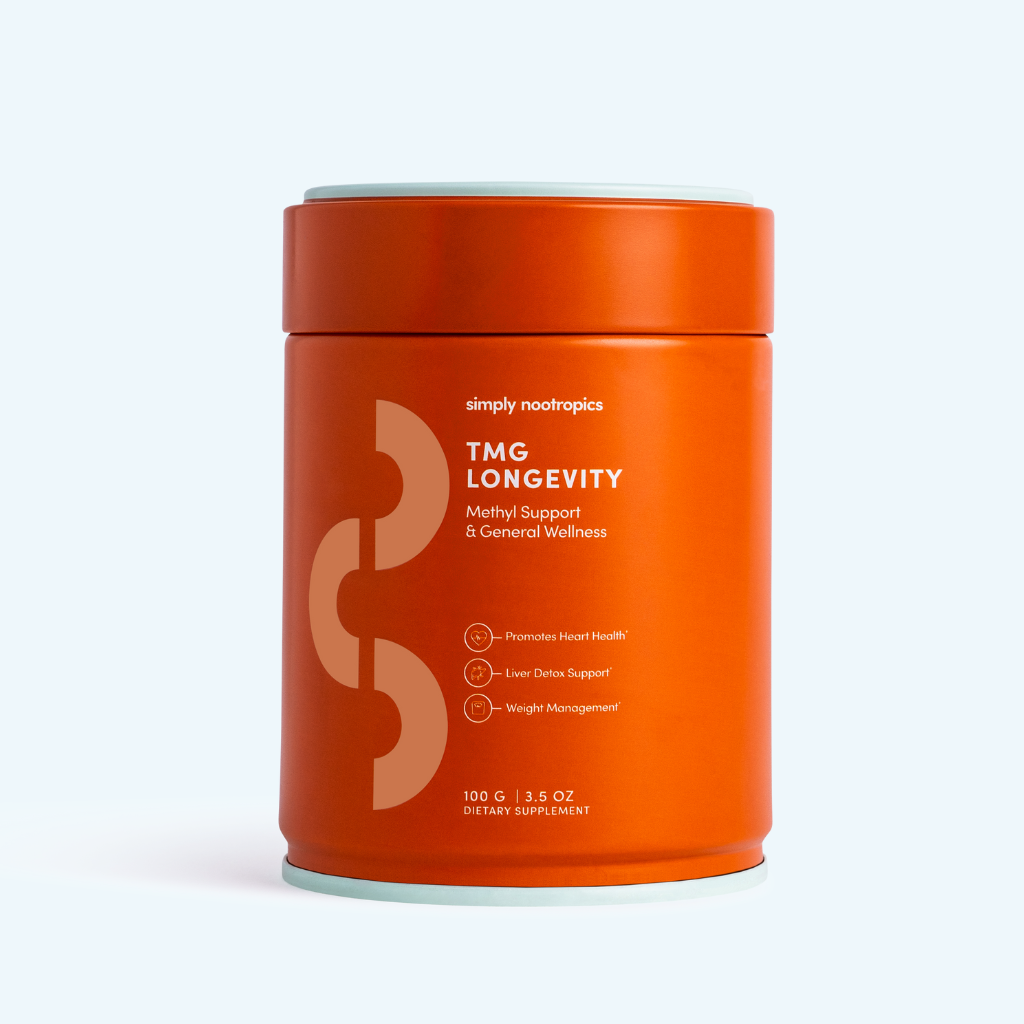When most people hear the word “mushroom,” they picture dinner plates, pizza toppings, or perhaps something a little more psychedelic. But there’s a whole other category worth paying attention to: functional mushrooms. These are not about flavour or culinary novelty, they’re about brain power, stress resilience, and cellular health.
Functional mushrooms and mushroom nootropics (like Essentials Plus and Genius Sleep) have been used in traditional medicine for centuries across Asia, and today they’re gaining global recognition. What makes them different is their unique mix of bioactive compounds that can influence the nervous system, immune function, and even how your brain processes information.
This isn’t about magic tricks or instant transformations. Instead, think of mushrooms as subtle rewiring agents: tools that can change how you think, adapt, and perform over the long haul.
A Different Class of Fungi
Functional mushrooms stand apart from culinary mushrooms because of their adaptogenic and nootropic properties. Adaptogens help the body respond to stress, nudging it back toward balance, while nootropics support cognition, like memory, focus, creativity, and learning.
Unlike stimulants, mushrooms nootropics don’t give you a quick jolt. Instead, they provide slow, steady scaffolding for your brain and body, supporting processes like neurogenesis (the growth of new brain cells), neurotransmitter balance, and immune regulation.
Lion’s Mane
Perhaps the most famous of the mushrooms nootropics, Lion’s Mane (Hericium erinaceus) looks like a shaggy white pom-pom. Its appearance is unusual, but what it does in the brain is even more fascinating.
Lion’s Mane contains compounds called hericenones and erinacines, which stimulate the production of nerve growth factor (NGF). NGF is a protein that supports the growth and repair of neurons. By enhancing NGF, Lion’s Mane may help the brain form new connections and protect existing ones.
Research suggests Lion’s Mane can improve mild cognitive impairment, enhance focus, and support mood stability. Many people describe the effect as mental clarity: less brain fog, sharper recall, and a feeling that thoughts flow more smoothly.
Reishi
Nicknamed the “mushroom of immortality” in traditional Chinese medicine, Reishi (Ganoderma lucidum) is prized for its calming effects.
Reishi is rich in triterpenes and polysaccharides that modulate the immune system and influence neurotransmitters like GABA, which has a relaxing effect on the nervous system. It’s not sedating in the way a sleeping pill might be, but many people find it helps them feel calmer, sleep more deeply, and handle daily stress with greater ease.
Beyond its impact on mood, Reishi mushroom extract is also being studied for its role in inflammation control and overall immune support - processes that indirectly affect how well the brain functions under pressure.
Cordyceps
If Lion’s Mane builds and Reishi calms, Cordyceps (Cordyceps militaris and Cordyceps sinensis) energises.
Cordyceps increases the body’s production of adenosine triphosphate (ATP), the currency of cellular energy. For the brain, that means better fuel for focus, reaction time, and sustained mental effort. For the body, it means improved oxygen use, endurance, and recovery.
Athletes have long experimented with mushroom nootropics and especially Cordyceps for performance, but its cognitive benefits are equally notable. By enhancing cellular energy, it may reduce mental fatigue and sharpen concentration, especially during demanding tasks.
Chaga
Chaga (Inonotus obliquus) doesn’t look much like a mushroom at all, more like burnt wood clinging to the side of a birch tree. But inside, it contains a rich supply of antioxidants, including melanin and superoxide dismutase.
For the brain, antioxidants are essential. Oxidative stress - the imbalance between free radicals and antioxidant defences - can damage neurons and accelerate cognitive decline. Chaga’s compounds help neutralise these stressors, acting as a shield for your cells.
People often use Chaga less for an immediate cognitive boost and more for long-term resilience, supporting cellular repair and reducing the wear-and-tear of everyday life.
How Mushrooms Change Your Thinking
Mushroom nootropics don’t switch your brain into a new mode overnight. Instead, they influence the conditions that allow your brain to work better.
-
Sharper focus: Lion’s Mane supports neuroplasticity, which improves your ability to learn and adapt.
-
Calmer mindset: Reishi’s interaction with GABA receptors helps smooth out stress and overthinking.
-
Sustained energy: Cordyceps boosts ATP, fuelling both muscles and neurons.
-
Resilience to stress: Chaga’s antioxidants protect against cellular damage, giving your brain a more stable environment to thrive.
Together, these effects mean clearer thought, steadier mood, and greater capacity to adapt, qualities that are vital in today’s fast-paced world.
Practical Ways to Use Them
Functional mushrooms are available as capsules, powders, tinctures, and even in coffee blends. Some people prefer the ritual of a morning mushroom tea; others like the simplicity of a capsule.
-
Timing matters: Cordyceps and Lion’s Mane are usually taken in the morning or early afternoon for energy and focus.
-
Evening use: Reishi is often reserved for later in the day, when relaxation and sleep support are more useful.
-
Consistency counts: Benefits build over weeks, not days. Mushroom nootropics are less about immediate stimulation and more about long-term balance.
What to Watch Out For
While mushrooms nootropics are generally safe, not all products are created equal. Look for:
-
Fruit body extracts (the actual mushroom), not just mycelium grown on grain.
-
Beta-glucan content listed on labels - these are key bioactive compounds.
-
Third-party testing to confirm purity and absence of contaminants like heavy metals.
As always, if you’re managing a medical condition or taking other medications, it’s best to check with a healthcare professional before adding supplements.
A Smarter Stack
Functional mushrooms are powerful, but they often work best when combined with other nootropics and adaptogens. For example, pairing Lion’s Mane with compounds that support neurotransmitter function can create a stronger effect on memory and focus.
That’s exactly what Essentials Plus does. Essentials Plus combines Lion’s Mane with other carefully selected nootropics and adaptogens, including Rhodiola, Ashwagandha, Panax Ginseng, and L-Theanine, designed to support mental clarity, stress resilience, and sustained energy in one daily stack. It’s a practical way to experience the benefits of mushrooms alongside other brain-supporting nutrients.
And for those looking to support rest and recovery, there’s also Genius Sleep. Built around Reishi mushroom, it combines calming amino acids, magnesium, tart cherry, and passionflower to help quiet the mind and encourage restorative sleep. While functional mushrooms like Lion’s Mane and Cordyceps support focus and energy during the day, Genius Sleep makes sure your nights are equally restorative, because sharper thinking starts with better rest.



